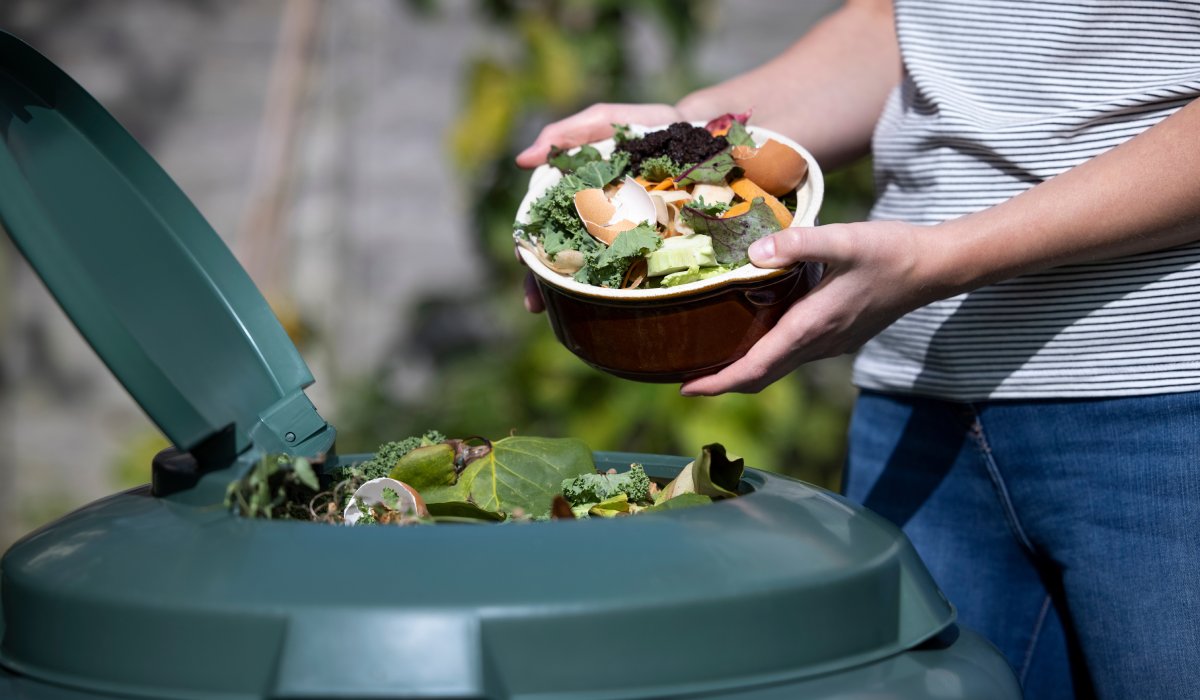The Importance of Learning How To Reduce Food Waste
- Casey Cartwright
- Food
- D.O.C Supplements - Trending News
- April 23, 2025

Food waste is a global issue with far-reaching consequences for the environment, economy, and society at large. Approximately one-third of all food produced worldwide goes to waste each year, valued at nearly $1 trillion. This burdens landfills and wastes valuable resources, such as water, energy, and labor. We’re taking a closer look at the importance of learning how to reduce food waste and why it matters for individuals, households, businesses, and our planet.
Reducing food waste plays a powerful role in protecting the environment. Wasted food that ends up in landfills generates methane, a harmful greenhouse gas that is far more potent than carbon dioxide. Limiting waste prevents the unnecessary production of these emissions and alleviates the strain on landfills.
Additionally, producing and transporting food requires a significant amount of water and energy; wasted food means these resources are also squandered. For example, producing just one pound of beef uses approximately 1,800 gallons of water. By making conscious efforts to minimize food waste, we conserve limited resources.
Learning how to reduce food waste is economically wise, especially for households. Excessive leftovers, expired perishables, and forgotten items in the fridge contribute to high grocery bills.
For instance, the average family of four in the US can save up to $1,500 annually by improving food management and consumption practices. Meal planning, storing food correctly, and understanding best-by dates will optimize your purchases and reduce unnecessary spending while eating well.
Minimizing food waste can encourage more intentional meal prep and healthier eating choices. By planning meals in advance and using ingredients efficiently, you are more likely to incorporate balanced, fresh, and nutritious meals into your diet.
Repurposing leftover vegetables into soups or creating smoothies from surplus produce ensures that nothing goes to waste while promoting healthy eating habits. This shift benefits your body and supports a more mindful approach to cooking and eating.
Reducing food waste also has a social impact. Surplus food can be redirected to food banks or community initiatives where it helps those in need. For example, many business leaders work with grocery stores and restaurants to collect and distribute food that would otherwise go to waste.
These practices reduce environmental strain, strengthen social bonds, and increase access to nutrition in underserved communities. Supporting or participating in such efforts makes reducing food waste a meaningful step toward social responsibility.
Supermarkets can follow sustainability best practices by addressing food waste on a larger scale. Some leading chains already implement effective practices, such as improved inventory management, to reduce overstocking and spoilage. Additionally, supermarket managers and business leaders participate in food donation programs that redirect unsold edible products to charities and food banks.
Composting initiatives can help businesses repurpose waste while contributing to sustainability goals. Educating employees about efficient stock rotation and waste reduction reinforces these efforts by setting an example for customers and smaller businesses.
Learning how to reduce food waste is an important global opportunity to create a sustainable future. Small actions, including mindful grocery shopping and supporting local donation programs, contribute to change. Start today with practical steps to cut down food waste, and discover how these habits benefit your household and the world around you.








